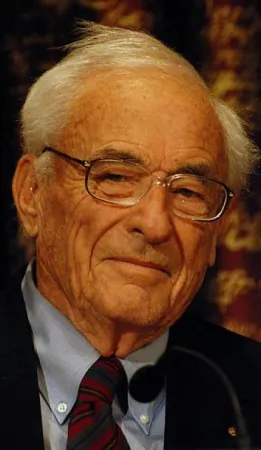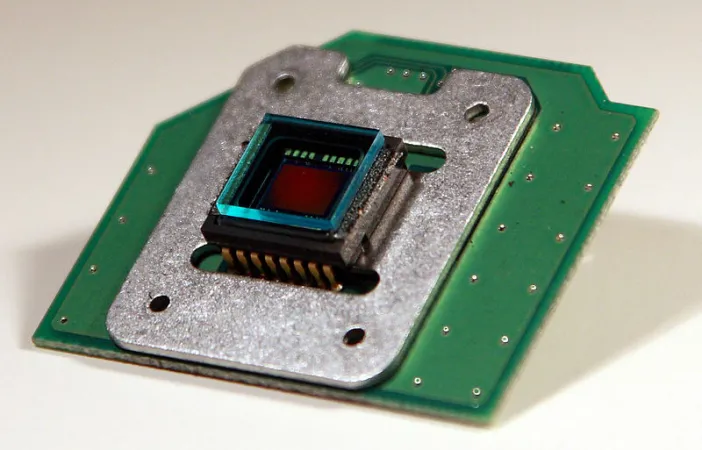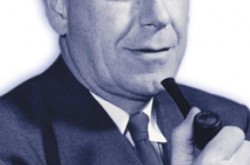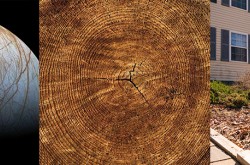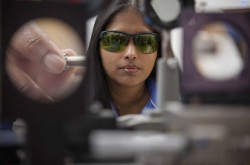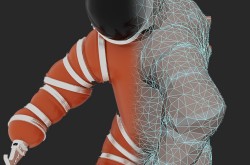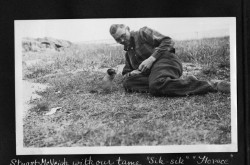The charged-couple device: changing how far we can see
This article was originally written and submitted as part of a Canada 150 Project, the Innovation Storybook, to crowdsource stories of Canadian innovation with partners across Canada. The content has since been migrated to Ingenium’s Channel, a digital hub featuring curated content related to science, technology and innovation.
Bryson Masse
Algonquin College Journalism Program
Today it’s taken for granted that we can document our life using photos and videos. But these quick, effortless snapshots would not have been possible without Willard Boyle’s invention of the charged-couple device, or CCD. The CCD was invented during a brainstorming session between him and his colleague, George Smith, at New Jersey’s Bell Labs. The device is a grid of semiconductors that can be used to collect photons and convert them to electricity, much like solar panels.
By 1969, when Boyle and Smith invented the CCD, Boyle had many incredible experiences under his belt. He was a World War II veteran, and was part of the team that invented the continuously operating ruby laser. He also helped select landing sites for the Apollo moon missions. Boyle was the executive director of device development at Bell Labs when he was challenged by his boss Jack Morton, to invent a new kind of computer memory. This project developed into the technology we know as the CCD.
The implications for imagery caught on with incredible speed and made a huge difference in astrophotography, spy warfare and spectroscopy. This made the traditional process of photograph development obsolete, meaning that devices could be lighter, faster and didn’t need disposable film. The majestic photos from the Hubble space telescope, created by the collection of far away light in a CCD, permanently impacted our view of the universe.
Willard Boyle was inducted into the Canadian Science and Engineering Hall of Fame in 2005; he was recognized by a Nobel Prize in 2009.
Transcript
Willard Boyle, 2009 Nobel Prize winner from Nova Scotia, died May 7, 2011



